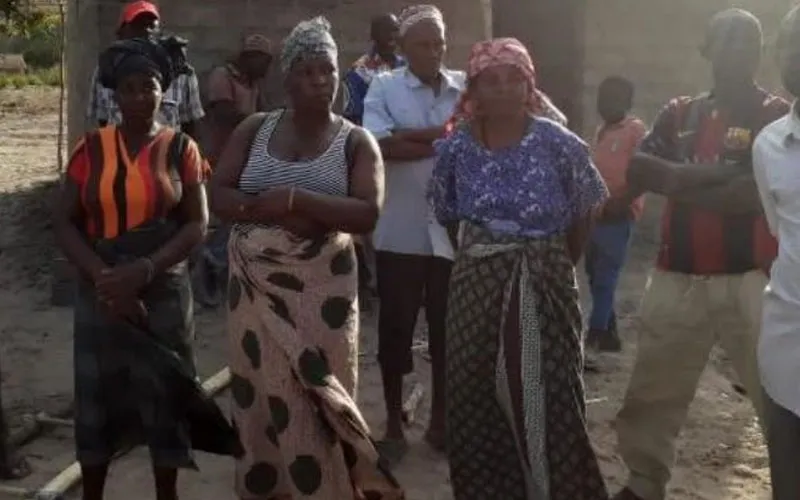Pemba, 30 October, 2021 / 10:30 pm (ACI Africa).
The leadership of the Catholic peace and charity foundation, Denis Hurley Peace Institute (DHPI), is concerned that more Internally Displaced Persons (IDPs) are arriving in Nampula, a city in Northeastern Mozambique amid reports that peace is returning in the embattled Cabo Delgado Province in the North.
DHPI Director, Johan Viljoen says that space at Corrane, one of the IDP shelters established by the Catholic Archdiocese of Nampula with the help of the peace entity is already running out and that newcomers at the facility are not being provided the assistance they need to settle.
“With the IDP camp at Corrane rapidly running out of space, 250 newly arrived internally displaced families, arriving in Nampula have been provided with a place to settle at Rapale, approximately 40 km from Nampula City,” Mr. Viljoen says, adding that most of those arriving at the facility are women and children.
In a report shared with ACI Africa on Friday, October 22, the DHPI Director says that the IDPs are undergoing immense suffering including the lack of food and shelter and are forced to eat grass from the nearby forest.
He says, in reference to the IDPs, “They are not being provided with any assistance, and must go to a nearby forest to get bamboo, grass and stakes to build their own shelters. They currently also do not have food.”








